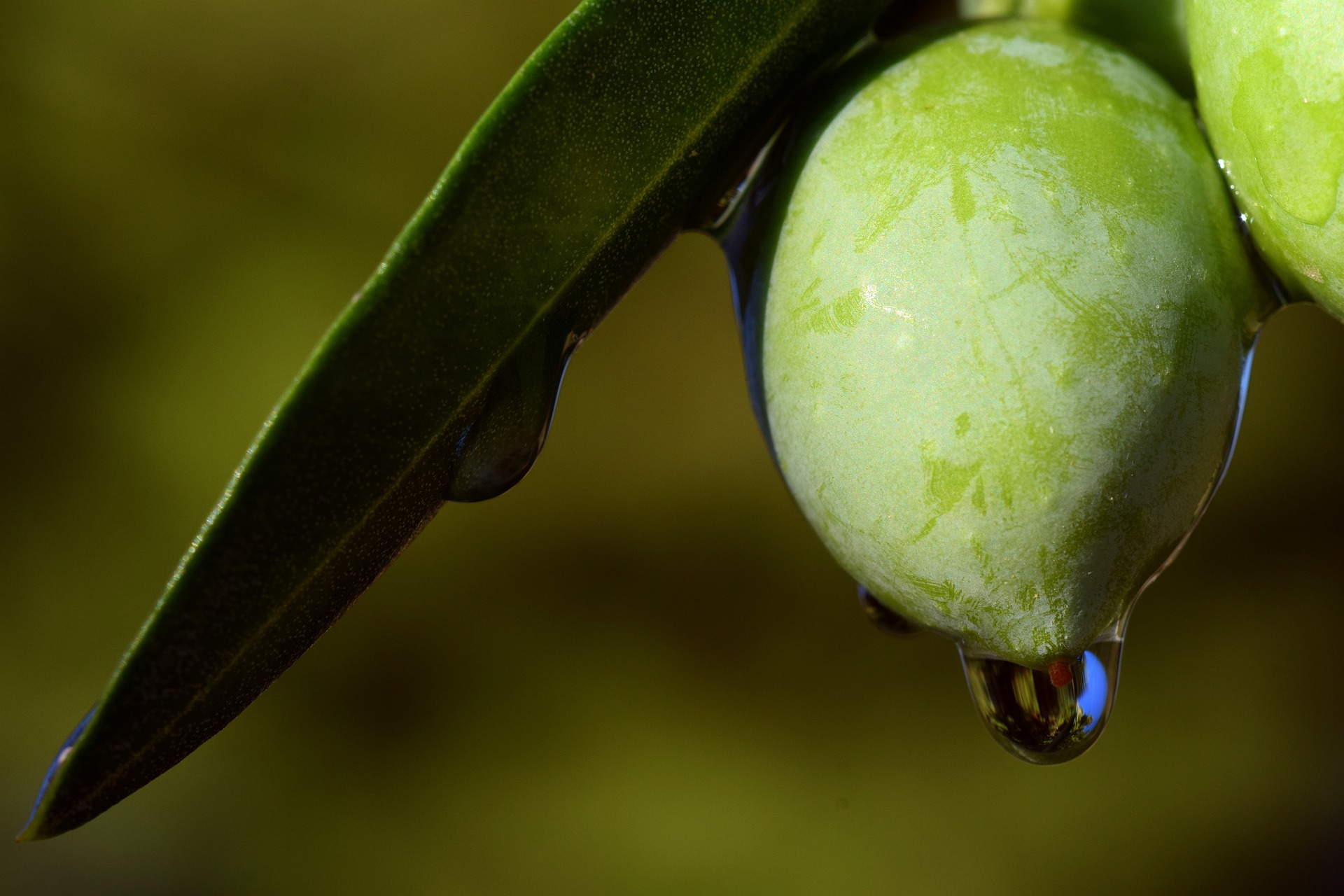
Extra Virgin Olive Oil: Elixir of Long Life.
- Post author:Guest-admin
- Post published:September 5, 2024
- Post category:Approfondimenti EN
In addition to managing cholesterol levels, it is recommended for combating cellular aging. Excellent when used raw, it is the ideal condiment for dishes in the Mediterranean Diet.
We Use It Everywhere
Whether on pasta or simply with bread, in salads or as a condiment for meats, we are talking about extra virgin olive oil, a key product of the Mediterranean Diet. Today, the Giro d’Italia passes through Umbria, a region famous for its olive groves, which each year produce over 140,000 quintals of oil.
HOW IT IS PRODUCED
Unlike other condiments, extra virgin olive oil is the only one obtained solely through a mechanical extraction process. Whether by centrifugation, drainage, or pressing, it is possible to obtain a true fruit juice. However, not all oils can claim the title of extra virgin. To earn this designation, they must meet specific criteria. According to European regulations, an oil is considered extra virgin if, mechanically cold-pressed, it has an acidity of 0.8% or less. But the story doesn’t end there. Through the “panel test,” a sensory analysis also regulated by strict European standards, the flavor, color, odor, and appearance of the oil are evaluated.
CHOLesterol GOAL
Among the many properties of extra virgin olive oil is its ability to protect our arteries. This occurs through the regulation of circulating cholesterol levels in the blood. This parameter, feared by many when undergoing blood tests, is one of the most important factors related to cardiovascular risk. Elevated levels of LDL cholesterol, also known as “bad” cholesterol, are indeed a cause of atherosclerotic plaques, those restrictions in veins and arteries that can lead to heart attacks and strokes. Extra virgin olive oil lowers the levels of bad cholesterol. Moreover, good cholesterol, known as HDL, is not altered. Thus, olive oil not only serves as a flavorful condiment but also as an excellent form of cardiovascular risk prevention.
MINES OF ANTIOXIDANTS
And what about anti-aging effects? Extra virgin olive oil is a treasure trove of antioxidants, including vitamin E, tocopherols, and various phenolic compounds. These molecules defend our body from premature aging by combating free radicals. Free radicals are the primary culprits of cellular damage typical of aging. They are highly reactive forms of oxygen, powerful molecules capable of damaging DNA and, over time, triggering cancer development. Thanks to the oil, the antioxidants it contains neutralize dangerous radicals, thus ensuring cellular longevity.
BETTER DIGESTION
But the benefits of extra virgin olive oil don’t stop there. The digestive system also benefits. The oil can reduce gastric acid secretions and consequently the risk of ulcers. Additionally, it has an effect on the liver. Due to its balanced fat composition, it has a high detoxifying power.
HOW AND WHEN?
Therefore, consuming extra virgin olive oil represents an excellent source of those valuable elements beneficial to our well-being. But what are the appropriate amounts of oil to consume? Raw or as a cooking ingredient? For a healthy and balanced diet, it’s advisable not to exceed three tablespoons a day. It is important to remember that oil is not a medication; excessive consumption does not lower cholesterol but, rather, raises it! Regarding its use, it is recommended to prefer it raw. However, it is worth noting that extra virgin oil is not harmful when used in cooked foods. Due to its high oleic acid content, olive oil has a high smoke point and is stable at high temperatures: the ideal mix of heat resistance and antioxidant content that also makes it excellent for cooking.






